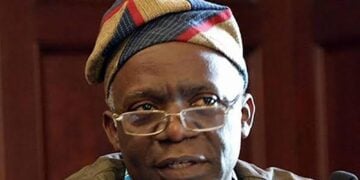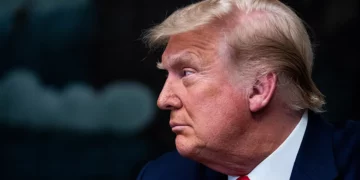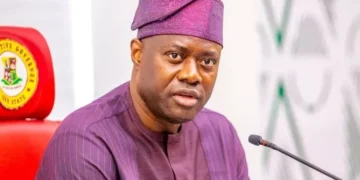Nigeria’s minister of foreign affairs, Ambassador Yusuf Maitama Tuggar, has called on the international Community, especially wealthier nations in the global south to make more concerted efforts to could help Africa to address regional challenges, particularly with regard to sustainable financing for the implementation of the Sustainable Development Goals (SDGs).
The Minister said this in address at the “Summit of the Future” in the United Nations General Assembly in New York; even as he lamented that the countries in the global south are failing to meet the target of the full implementation of the SDGs by 2030.
He said “With most of the global South significantly behind in the implementation of the SDGs 2030 Agenda, it is imperative we adopt measures to address challenges impeding development. This is especially important in Africa, where economies are most vulnerable due to historical imbalances in the international multilateral system.”
He noted that the SDG Index estimates that only about 16 percent of the SDG targets are on track to be achieved, calling on the international community to ensure that the adoption of the Pact for the Future is backed by a real willingness to fulfil outstanding commitments.
“With the remaining 84% of the SDG targets for 2030 yet to be achieved, countries in the global North must do more to support sustainable development in the global South. We are optimistic that these targets can be met, if commitments are backed by action.
However, in the event we fall short of achieving the SDG targets by 2030, we strongly believe that the deadline should be extended.
He also called for the reforms of the international financial architecture to promote an inclusive, non-discriminatory and transparent international trading system, as well as to implement comprehensive debt relief measures.
He also solicited support for local indigenous production and export from Africa as well as strengthening of measures to ensure timely repatriation of illicit financial flows and assets. He urged the adoption of a UN Framework Convention on International Tax Cooperation to ensure African economies are no longer shortchanged through tax evasion and exclusion in global tax decision making.
We’ve got the edge. Get real-time reports, breaking scoops, and exclusive angles delivered straight to your phone. Don’t settle for stale news. Join LEADERSHIP NEWS on WhatsApp for 24/7 updates →
Join Our WhatsApp Channel










